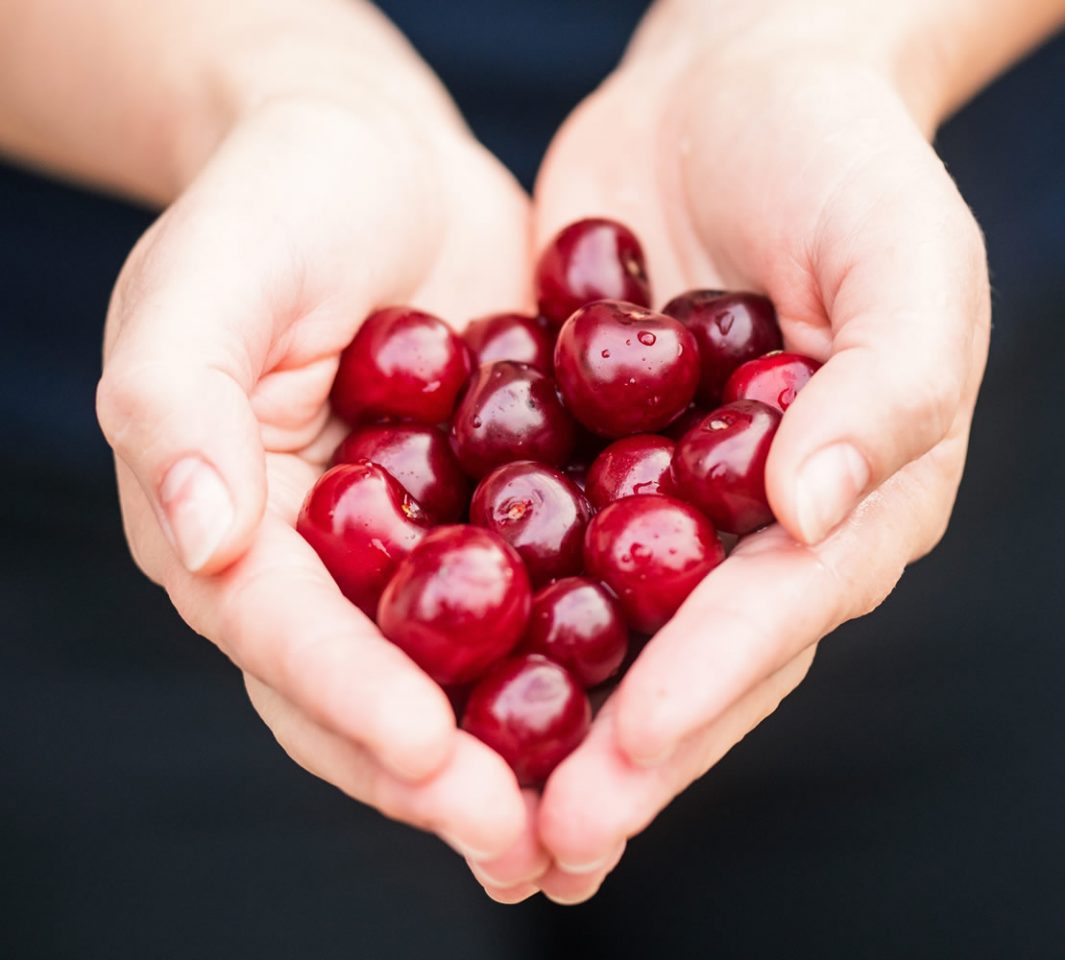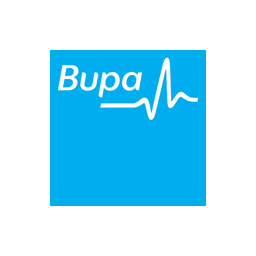Try a hearty diet
A healthy heart is essential for healthy living. Every day your heart beats about 100,000 times, feeding your body’s tissues with nutrient-rich blood and removing unwanted carbon dioxide and other waste products. So it makes sense to take good care of your heart by following a healthy lifestyle and eating a well-balanced diet that’s low in sugar and saturated fats. Looking after your heart-health helps you to stay in shape and minimise your chances of developing cardiovascular disease. Here is a quick guide to help you choose the best heart-friendly foods:
Meat and fish
Try and stick to leaner cuts of meat and avoid fat-rich meat products. Fish is a good choice but steer clear if deep-fried or served with creamy, buttery or cheesy sauces.
Healthier options
- Lean meat (chicken, turkey, pork, ham, lamb, beef, venison, veal or game) grilled or roasted without fat, casseroled or stir-fried. Avoid eating chicken or turkey skin
- Minced meat (turkey or extra-lean beef)
- Liver and kidney
- Lean bacon or low-fat sausages (occasionally)
- Meat substitutes (eg soya mince, tofu, Quorn)
- Vegetarian sausages or beanburgers (check fat content)
- Fresh fish (white or oily) grilled, steamed baked, poached or fried in small amounts of oil. Oily fish (salmon, mackerel, sardines, trout) are high in omega-3 fatty acids that reduce cholesterol
- Shellfish (frozen of fresh) cooked with small amounts of oil
- Canned fish (in water and occasionally in brine or oil)
Not so healthy
- Fatty meats like belly pork, breast of lamb, duck or goose. Processed meats like sausages, frankfurters, burgers, meatballs and faggots and streaky bacon
- Meat pies, pâtés, pasties, sausage rolls and pork pies
- Duck and goose meat
- Poultry skin
- Chicken nuggets and chicken kiev
- Fish deep-fried in batter or breadcrumbs
- Fish served in butter or rich sauces (eg hollandaise, seafood cocktail or cheese sauces)
Dairy and eggs
Avoid high-fat or full-fat products wherever you can and choose low-fat alternatives. Double-check labels carefully, as foods labelled ‘reduced fat’, ‘lower fat’ or ‘light’ may still contain relatively high amounts of fat or sugar.
Healthier options
- Skimmed or semi-skimmed milk
- Soya milk
- Lower fat cheeses such as cottage cheese, light soft cheese, quark, ricotta, half-fat Edam
- Half-fat cheeses and strong-flavoured cheeses such as parmesan or mature cheddar in small amounts (occasionally)
- Low-fat or diet yoghurts and fromage frais. 0% fat Greek yoghurt, soya yoghurts
- Boiled or poached eggs
- Eggs or omelettes fried in small amounts of vegetable oil
Not so healthy
- Full-fat milk or milk with extra cream
- Evaporated or condensed milk
- Cream (single, double, clotted, whipping or soured)
- Greek yoghurt, crème fraiche
- Full-fat hard cheeses (eg Stilton, cheddar, mascarpone)
- Soft cheeses (eg Brie, Camembert, goat’s cheese, cream cheese)
- Fried Paneer
- Eggs fried in lard or scrambled with butter
- Omelettes cooked in butter
- Egg-based products such as flans, quiches and scotch eggs
Fruit, veg and nuts
Fruit and vegetables are an excellent source of essential vitamins, fibre and nutrients. Foods such as beans, legumes, prunes, apples, pears, nuts and avocados are also great for boosting heart-protecting HDL (good cholesterol).
Healthier options
- Fresh, dried or frozen fruit
- Fruit juices
- Canned fruit (in natural juice)
- Vegetables either raw, boiled, steamed microwaved, grilled or dry-fried
- Stir-fried or roasted veg (using a small quantity of sunflower, rapeseed or olive oil)
- Home-made vegetable soup
- Vegetable juices
- Nuts (in small amounts)
- Seeds (eg pumpkin, linseed, sesame, sunflower)
- Canned or dried beans, peas or lentils
- Low-sugar, low-salt baked beans
Not so healthy
- Deep-fried vegetables
- Vegetables served with butter or creamy sauces
- Salads with heavy dressings such as potato salad or coleslaw
- Fruit fritters
- Fruit canned in sugary syrup
- Nuts roasted in oil and salt
- Creamed coconut and coconut milk
- Peanut butter
- Indian dhal containing clarified butter
- High-fat vegetarian burgers
Bread, pasta, potatoes and rice
These starchy foods give us energy and add all-important fibre and B vitamins to our diet. Avoid fatty pasta sauces, overdoing unhealthy spreads and using too much fat when cooking potatoes.
Healthier options
- Bread (preferably wholegrain) or toast with a thin layer of butter (or alternative spread)
- Low-fat spreads or those containing polyunsaturated or monounsaturated fats
- Fat-free chapatis
- Wholegrain breakfast cereals, muesli (no sugar added), porridge or oats served with skimmed or semi-skimmed milk
- Sugar-coated cereals (occasionally)
- Pasta, rice or noodles boiled and served with tomato or vegetable-based sauces
- Potatoes boiled, baked or dry roasted (also sweet potatoes, yams or plantains)
- Mashed potato (with a little oil or skimmed/semi-skimmed milk added)
- Thick-cut, reduced-fat oven chips
- Roast potatoes cooked in small amounts of sunflower, rapeseed or olive oil
Not so healthy
- Bread or toast thickly spread with butter
- Garlic bread (except homemade with low-fat spread)
- Peshwari or paratha breads made with ghee
- Pasta served with butter or creamy, cheese-based sauces
- Fried rice
- Roast potatoes cooked in lard, dripping or large amounts of oil
- Potatoes with cheese sauce
- Mashed potatoes with butter or cream
- Deep-fried, thin-cut chips
Foods high in fat or sugar
Many of the foods we consume everyday are very high in sugar or fat. These include fat spreads, some oils, salad dressings, sauces, cakes, biscuits, sweets and savoury snacks. Stay healthier by rationing your intake or switching to more heart-friendly alternatives.
Healthier options
- Lower fat spreads and margarines made with polyunsaturated or monounsaturated fats (eg olive, rapeseed or sunflower oil)
- Polyunsaturated or monounsaturated oils (eg olive, rapeseed, sunflower, soya or corn) in small quantities
- Low-fat salad dressings
- Low-fat mayonnaise and salad cream
- Dressings based on low-fat yoghurt or fromage frais
- Sugar-free jellies
- Milk puddings (semi-skimmed milk)
- Sorbets
- Plain or lower fat biscuits (occasionally)
- Fat-free sponge, fruit buns, teacakes or malt loaf (occasionally)
- Meringues without cream (occasionally)
- Low-fat crisps and dips (occasionally)
Not so healthy
- Butter and lard
- Hard margarines or spreads with more than 1% trans fat
- Palm or coconut oil
- Mayonnaise, blue-cheese or thousand island salad dressings
- Roux or cream-based sauces
- Gravy made from meat fat
- Rich shortcake or chocolate-covered biscuits
- Chocolate or fruit cake
- Doughnuts, cheesecake, pies and steamed puddings
- Pastry, especially flaky and puff
- Cream-based desserts
- Dairy ice-cream
- Flapjacks and other tray bakes
- Chocolate, fudge, toffee
- Crisps, Bombay mix, samosas
October 9, 2018








